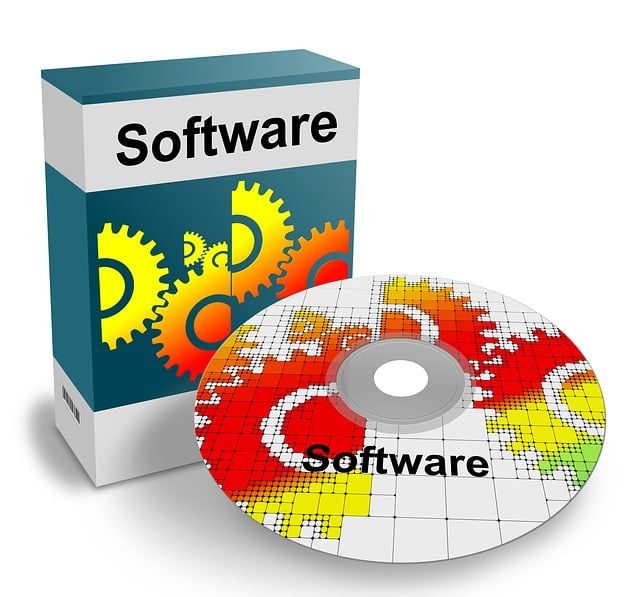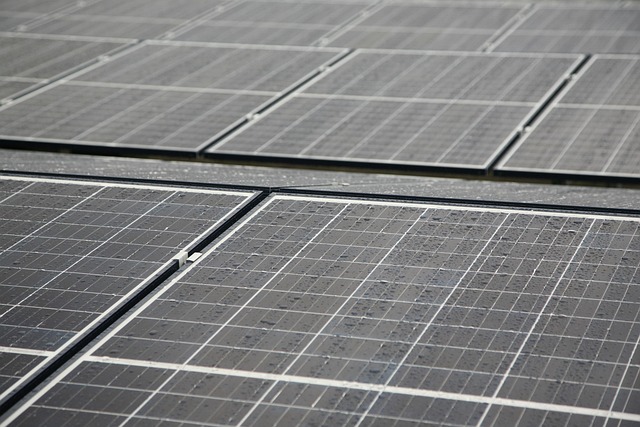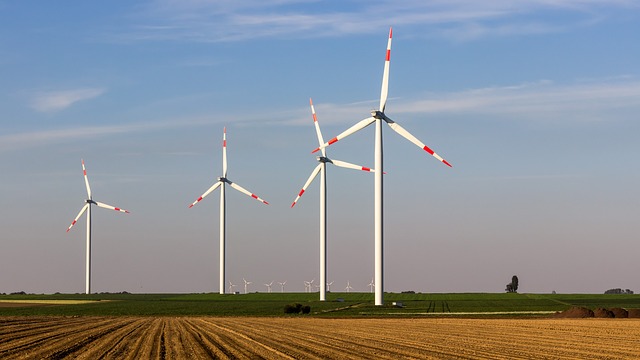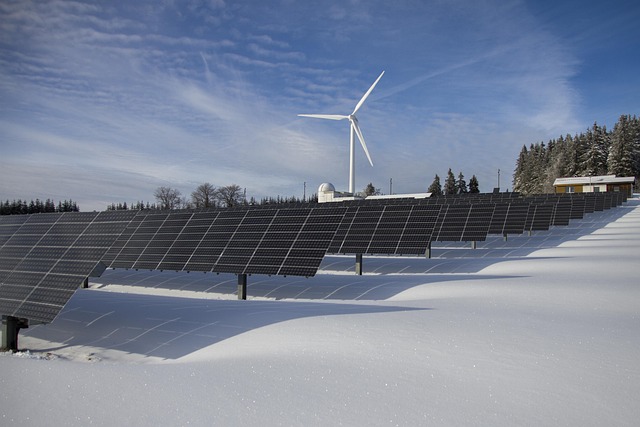In competitive real estate, energy efficiency is key, with wall insulation playing a vital role in reducing energy bills and increasing property value through controlling heat transfer. Modern materials like cellulose or foam board offer effective, eco-friendly insulation solutions. Advanced HVAC systems and smart thermostats further enhance comfort, reduce energy consumption, and attract eco-conscious buyers, boosting property values. These digital era innovations differentiate properties, optimize energy efficiency, and provide remote control for real estate professionals to stand out in the market.
In the competitive real estate market, enhancing energy efficiency is key to maximizing property value. This article guides you through essential steps towards a more sustainable and profitable investment. We explore the importance of wall insulation for temperature regulation and its impact on utility costs. Additionally, we delve into efficient heating and cooling systems, highlighting their role as game-changers in real estate management. Smart thermostats further revolutionize energy conservation, ensuring optimal comfort while attracting eco-conscious buyers.
Understanding Wall Insulation for Energy Efficiency in Real Estate

In the real estate sector, energy efficiency is a key differentiator. Understanding wall insulation is crucial for achieving this. Proper insulation acts as a barrier, preventing heat loss during winters and heat gain in summers, thereby reducing dependence on heating and cooling systems. This translates to lower energy bills and increased property value.
Different types of wall insulation offer varying levels of R-value, which measures their resistance to heat transfer. In real estate investments, high R-values indicate superior insulation, leading to better energy performance. Modern insulation materials, such as cellulose or foam board, are not only effective but also environmentally friendly and easy to install. Understanding these factors can help property owners and investors make informed decisions that enhance the long-term sustainability and profitability of their real estate assets.
Efficient Heating and Cooling Systems: A Game Changer in Property Value

Efficient heating and cooling systems are a game-changer in real estate, significantly impacting property value. In today’s market, buyers increasingly seek energy-efficient homes that offer comfort and cost savings. By installing modern, smart thermostats and high-performance HVAC (heating, ventilation, and air conditioning) units, homeowners can achieve optimal indoor temperatures while reducing energy consumption. These systems not only enhance the livability of a property but also attract eco-conscious buyers who value sustainability.
Moreover, efficient heating and cooling technologies contribute to higher resale values. Properties equipped with advanced climate control systems are more desirable due to their ability to provide year-round comfort and lower utility bills. In competitive real estate markets, these features can set a home apart, ensuring it stands out to potential buyers seeking long-term investment opportunities that offer both comfort and financial benefits.
Integrating Smart Thermostats: The Modern Approach to Real Estate Management

In today’s digital era, real estate management has seen a game-changer with the integration of smart thermostats. These devices are more than just temperature regulators; they’re sophisticated systems that optimize energy efficiency and enhance resident comfort. By learning habits and adjusting settings accordingly, smart thermostats can significantly reduce utility costs, making them a valuable asset for both property managers and tenants.
For real estate professionals, implementing these modern solutions can set properties apart in a competitive market. Not only do they offer precise climate control, but they also provide remote access and monitoring capabilities, ensuring optimal living conditions at all times. This technology underscores the evolving landscape of real estate, where comfort, efficiency, and convenience are increasingly intertwined.






